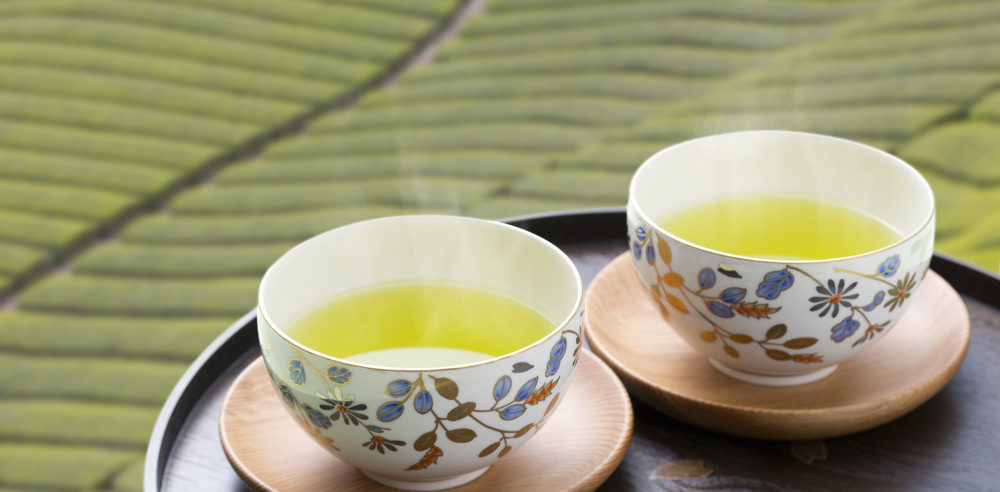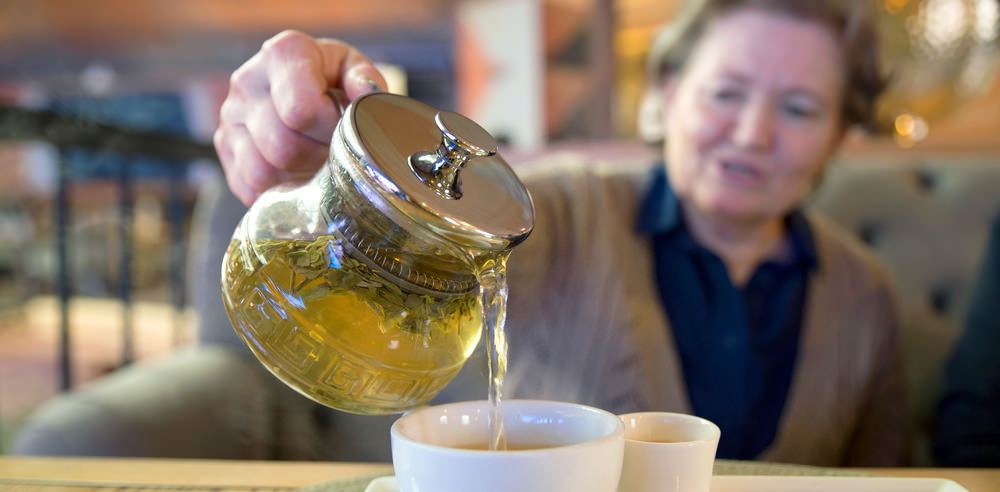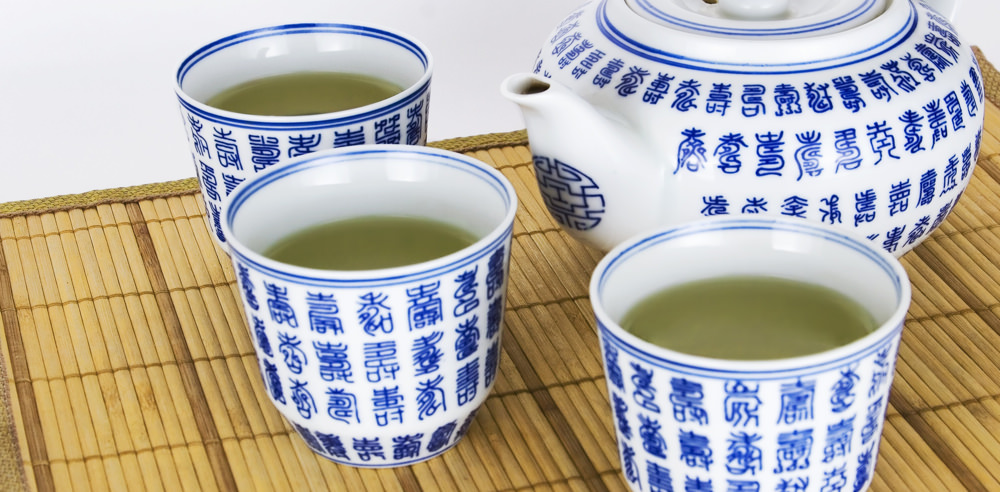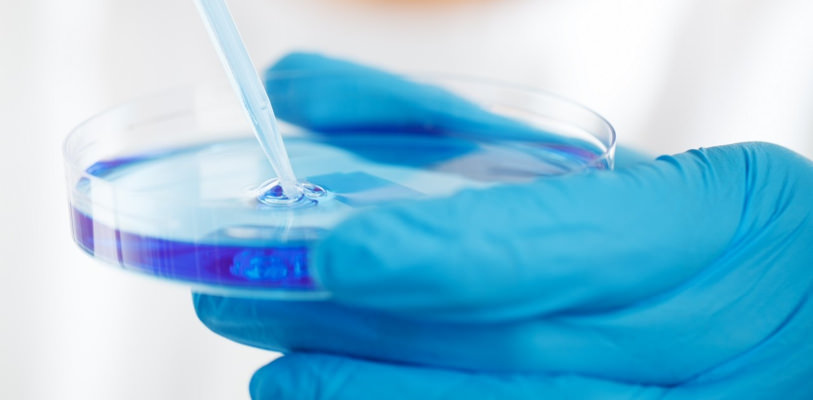
Breast cancer is one of the most common types of cancer for women. It is estimated to affect one in eight, and is the second leading cause of death after lung cancer.
Many factors determine risk for breast cancer, including age, genes, obesity, early menarche, late menopause, taking birth control pills, and alcoholism.
Treatment options for breast cancer include getting a mastectomy, radiation therapy, chemotherapy, hormone therapy, and targeted therapy, such as medicines that help the body’s immune system to destroy cancer cells.
However, these treatments can have side effects, including nausea, vomiting, loss of appetite, hair loss, weight gain, early menopause, and risk of infection.
So scientists are now looking for effective, natural alternatives that have less harmful side effects.
In recent years, green tea has been recognized for being a cancer preventative.
Research shows that the catechins in green tea, specifically epigallocatechin gallate (EGCG), kill the cells responsible for cancer development without affecting normal cells in the body.
Researchers in Canada found that drinking five or more cups of green tea per day could lower incidence of breast cancer.
Remarkably, green tea also works together with other foods to reduce breast cancer risk. A study conducted on Asian-American women showed a decrease in breast cancer risk with women who not only drank green tea but also had a diet low in soy.
Another study demonstrated the joint effect of green tea and a diet high in mushrooms to lower breast cancer risk.
Overall, it seems that drinking green tea is a safe bet. Even though more research studies are needed, it seems drinking green tea can’t hurt. It’s impossible to ignore all the potential benefits of starting a green tea habit now.
Chen, D., Daniel, K. G., Kuhn, D. J., Kazi, A., Bhuiyan, M., Li, L., Wang, Z., Wan, S. B., Lam, W. H., Chan, T. H., & Dou, Q. P. (2004). Green tea and tea polyphenols in cancer prevention. Frontiers in Bioscience, 9, 2618-2631.
Farabegoli, F., Barbi, C., Lambertini, E., & Piva, R. (2007). (-)-Epigallocatechin-3-gallate downregulates estrogen receptor alpha function in MCF-7 breast carcinoma cells. Cancer Detection and Prevention, 31(6), 499-504.
Min-Jing, L., Yan-Cun, Y., Jiao, W., & Yang-Fu, J. (2014). Green tea compounds in breast cancer prevention and treatment. World Journal of Clinical Oncology, 5(3), 520-528.
Seely, D., Mills, E. J., Wu, P., Verma, S., & Guyatt, G. H. (2005). The effects of green tea consumption on incidence of breast cancer and recurrence of breast cancer: A systematic review and meta analysis. Integrative Cancer Therapies, 4(2), 144-155.
Thangapazham, R. L., Singh, A. K., Sharma, A., Warren, J., Gaddipati, J. P., & Maheshwari, R. K. (2007). Green tea polyphenols and its constituent epigallocatechin gallate inhibits proliferation of human breast cancer cells in vitro and in vivo. Cancer Letters, 245(1-2), 232-241.
Tu, S. H., Ku, C. Y., Ho, C. T., Chen, C. S., Huang, C. S., Lee, C. H., Chen, L. C., Pan, M. H., Chang, H. W., Chang, C. H., Chang, Y. J., Wei, P. L., Wu, C. H., & Ho, Y. S. (2011). Tea polyphenol (-)-epigallocatechin-3-gallate inhibits nicotine- and estrogen-induced α9-nicotinic acetylcholine receptor upregulation in human breast cancer cells. Molecular Nutrition & Food Research, 55(3), 455-466.
Wu, A. H., Yu, M. C., Tseng, C. C., Hankin, J., & Pike, M. C. (2003). Green tea and risk of breast cancer in Asian Americans. International Journal of Cancer, 106(4), 574-579.
Zhang, M., Huang, J., Xie, X., & Holman, C. D. (2009). Dietary intakes of mushrooms and green tea combine to reduce the risk of breast cancer in Chinese women. International Journal of Cancer, 124(6), 1404-1408.


